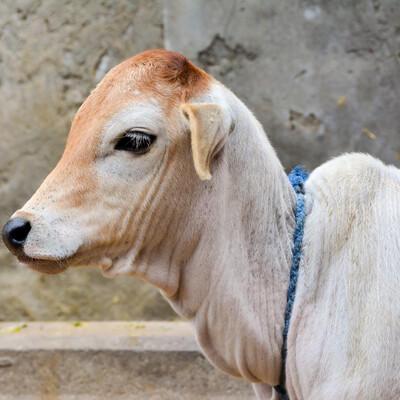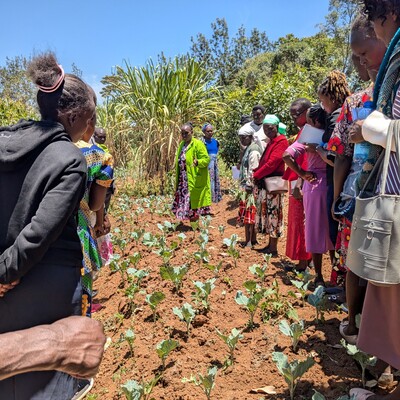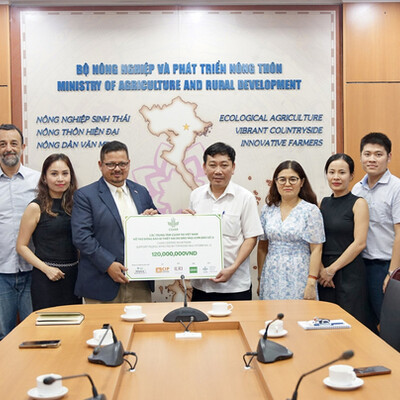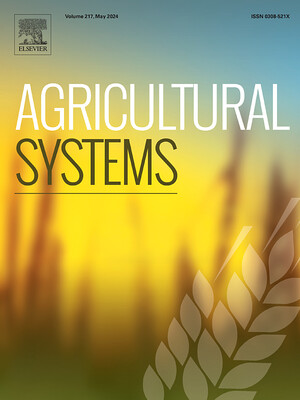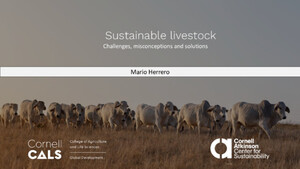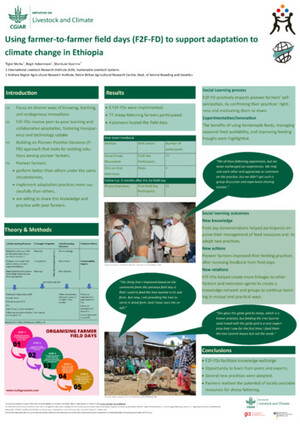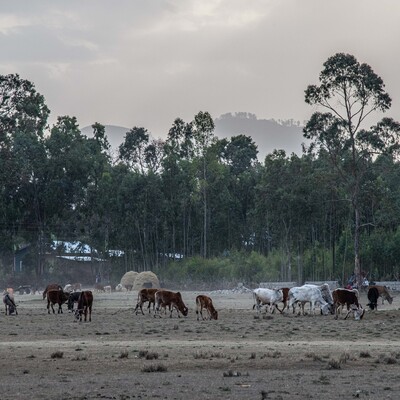
Livelihood diversifying potential of livestock based carbon sequestration options in pastoral and agro pastoral systems in Africa
Livestock based pastoral and agro-pastoral communities in African dry lands are poor, vulnerable and marginalized. This is mainly due to inappropriate policies, population pressure and resource scarcity.
Dependency on traditional livestock based livelihood options is increasingly untenable making diversification more and more urgent. Pastoral production systems have been impacted negatively by some of the following. Population pressure, increasing competition from other land uses and resultant mobility, increased frequency of extreme weather events and prolonged droughts and floods, and a long term trend towards lower rainfall.
Payment for Environmental Services (PES), based on carbon sequestration and reduction of carbon emissions linked to livestock and rangeland management practices has been proposed as a potential additional livelihood option. However, the science base on how to manage livestock to combine income from such PES systems with that of livestock production is absent.
There are a number of potential options for environmental services in African dry lands. They can be linked to livestock production and rangeland management practices. These include conservation and better utilization of water, land and biodiversity.
This research will investigate the potential of livestock and rangeland management options. This is to influence the carbon fluxes between rangelands and the atmosphere. The direct beneficiaries of the outputs of this research will be local and national level planning and policy makers, local institutions dealing with livestock research, and development NGOs focused on/working in arid lands.
Objective
The project aims to fill the knowledge gap through an integrated four-step research Program.
(1) Estimate the carbon sequestering potential of rangelands taking advantage of existing long-term livestock and rangeland management experiments and assess the potential of avoiding carbon emissions by decisions on land-use and livestock management.
(2) Explore adaptive livestock management options to sequester and avoid emissions of carbon from rangelands through collaborative research with local livestock keeping communities in Ethiopia and Burkina Faso.
(3) Assess side effects of changes in livestock and rangeland management, particularly the impacts on albedo (reflection) as these are least known.
(4) Synthesize the research findings, combining the impact of livestock and rangeland management practices aimed at sequestration and avoidance of carbon emissions while taking into account side-effects, and assess the potential of PES scenarios to diversify pastoral livelihoods.






